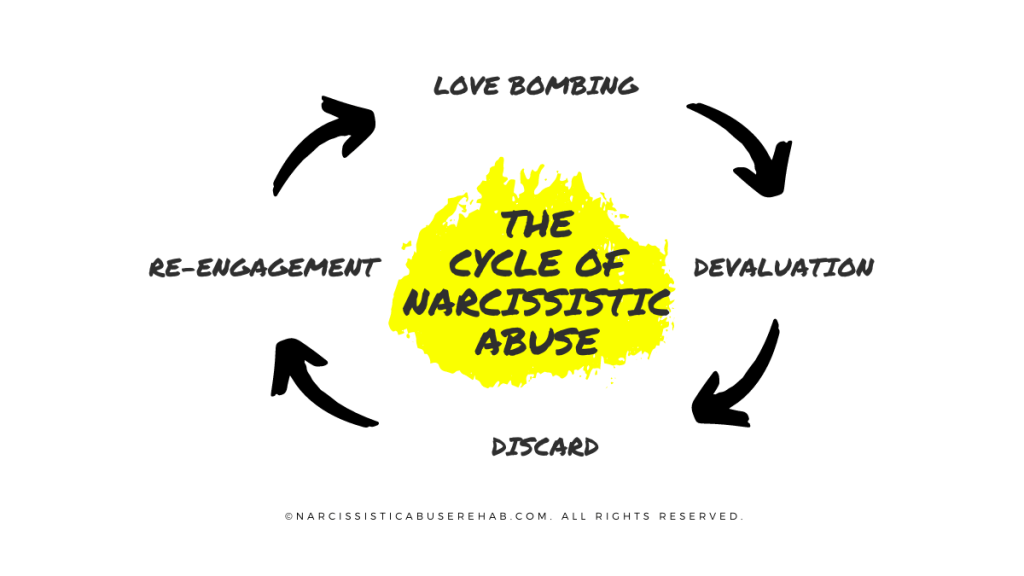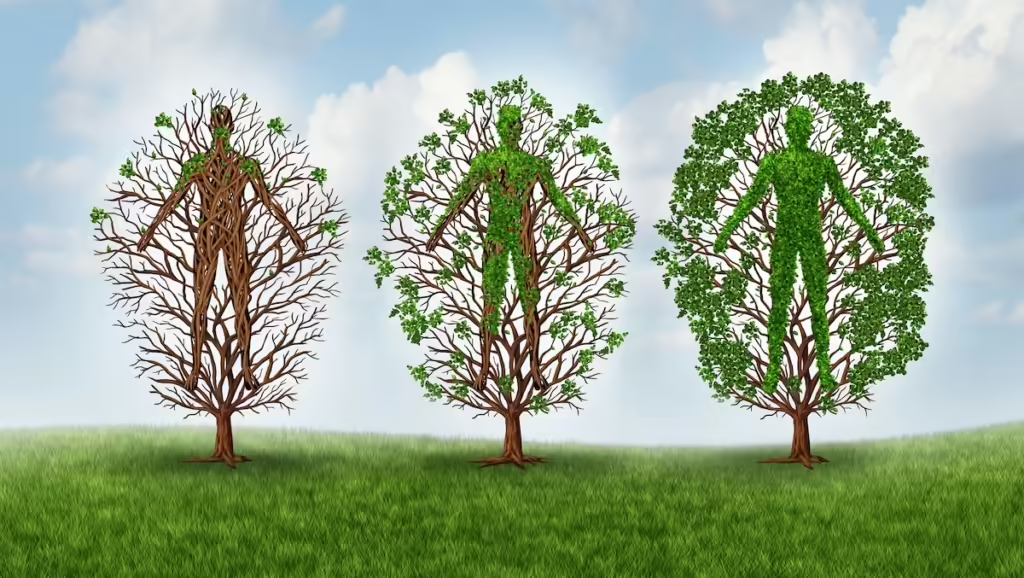Narcissistic Abuse Awareness Day is observed annually on June 1. It’s dedicated to increasing public understanding of narcissistic abuse and offering support for survivors. It is also a time to bring attention to the emotional-, psychological-, and sometimes physical harm caused by highly narcissistic people. Through Narcissistic Abuse Awareness campaigns, survivors and allies can find a sense of community and help others in their community learn about this insidious form of psycho-emotional abuse.
What Is Narcissistic Abuse Awareness Day?

June 1 marks Narcissistic Abuse Awareness Day. It’s a time to shed light on the harmful effects of narcissistic abuse, a type of psycho-emotional abuse that often involves manipulation, gaslighting, and emotional exploitation, leaving victims feeling isolated and emotionally devastated. Narcissistic abuse can be hard to spot because in its early stages it’s often disguised as everything you ever wanted. The goal of this Narcissistic Abuse Awareness Day is to educate the public, provide support to survivors, and encourage them to seek the help they need to reclaim their lives.
Why Narcissistic Abuse Awareness Matters

Narcissistic abuse can be incredibly damaging, often leading to long-term mental health issues like anxiety, depression, and post-traumatic stress. Survivors may struggle with self-worth, trust issues, and emotional trauma long after the abusive relationship ends.
One of the most devastating aspects of narcissistic abuse is its covert nature. Abusers often manipulate their victims in ways that make the victim question their own reality. Through Narcissistic Abuse Awareness campaigns, people are educated on the less obvious signs of emotional and psychological abuse, making it easier to recognize and address this toxic behavior.
By raising awareness, Narcissistic Abuse Awareness Day encourages survivors to break the silence, seek help, and begin the healing process.
How to Observe Narcissistic Abuse Awareness Day

There are many ways to get involved in Narcissistic Abuse Awareness Day and help spread the message. Whether you’re a survivor, a supporter, or an advocate, your involvement can make a real difference! Here are some meaningful ways to observe this important day:
1. Participate in Narcissistic Abuse Awareness Events
Many organizations host Narcissistic Abuse Awareness events to educate the public and offer support to survivors. These events can range from online webinars to in-person workshops, where participants can learn about narcissistic abuse, share their stories, and connect with others.
2. Raise Awareness on Social Media
One of the most powerful ways to spread awareness is through social media. Use platforms like Instagram, Twitter, or Facebook to share information about Narcissistic Abuse Awareness Month or Narcissistic Abuse Awareness Day. You can post articles, infographics, or even personal stories to help others recognize the signs of narcissistic abuse.
Don’t forget to use relevant hashtags like #NarcissisticAbuseAwareness and #NarcissisticAbuseAwarenessDay to reach a broader audience.
3. Support Narcissistic Abuse Survivors
If you know someone who has experienced narcissistic abuse, Narcissistic Abuse Awareness Day is an excellent opportunity to show your support. Listen to their experiences without judgment and offer to help them find resources, such as therapy or narcissistic abuse recovery coaching. A simple gesture of support can make a huge difference in their healing journey.
4. Educate Yourself and Others
Awareness begins with education. Take the time to learn more about the signs of narcissistic abuse, how it affects survivors, and how to help. You can also share educational materials, such as articles or books, with friends and family to increase their understanding of this form of abuse.
Signs of Narcissistic Abuse: What to Watch For

Recognizing the signs of narcissistic abuse can be difficult, especially because the abuser often uses manipulative tactics to confuse and control their victim. Here are some key signs to be aware of:
- Gaslighting: The abuser denies events, twists the truth, or makes the victim question their memories and reality.
- Emotional Manipulation: The abuser plays on the victim’s emotions to control their actions and reactions.
- Isolation: The abuser may work to isolate the victim from friends, family, or support systems.
- Devaluation: Constant belittling, criticizing, or demeaning behavior, aimed at lowering the victim’s self-esteem.
- Lack of Empathy: Narcissists often show little to no empathy for others, making it hard for victims to feel supported or validated in their feelings.
If you or someone you know is experiencing these signs, it’s crucial to reach out for help. Narcissistic Abuse Awareness Day is the perfect time to begin taking steps toward recovery.
How Narcissistic Abuse Coaching Can Help Survivors

If you’re struggling to cope with the effects of narcissistic abuse, professional help can be transformative. Narcissistic abuse recovery coaching offers survivors a safe space to heal, regain their self-worth, and rebuild their lives.
As a specialized narcissistic abuse recovery coach, I understand the unique challenges survivors face. My coaching services are designed to provide personalized support, guiding you through the healing process with practical tools and emotional insight. Through coaching, you can learn how to:
- Reclaim your confidence: Overcome self-doubt and rebuild your sense of self-worth after years of emotional manipulation.
- Set healthy boundaries: Learn how to establish and maintain boundaries that protect your emotional well-being and prevent future abusive relationships.
- Navigate your healing journey: Whether you’re dealing with trauma, confusion, or emotional exhaustion, coaching can help you make sense of your experience and move forward.
If you’re interested in taking the first step toward healing, I invite you to explore my narcissistic abuse recovery coaching program. Together, we can work on building a brighter, healthier future for you.
Together, We Can Raise Awareness and Heal
Narcissistic Abuse Awareness Day is an essential reminder that emotional abuse is real, harmful, and deserving of attention. By participating in Narcissistic Abuse Awareness campaigns and supporting survivors, we can help bring this hidden issue into the light and offer hope to those affected.
If you or someone you love is struggling to recover from narcissistic abuse, know that help is available. Narcissistic abuse recovery coaching can provide the support and strategies needed to overcome the effects of emotional manipulation and rebuild a fulfilling life. Don’t hesitate to reach out for the help you deserve.






